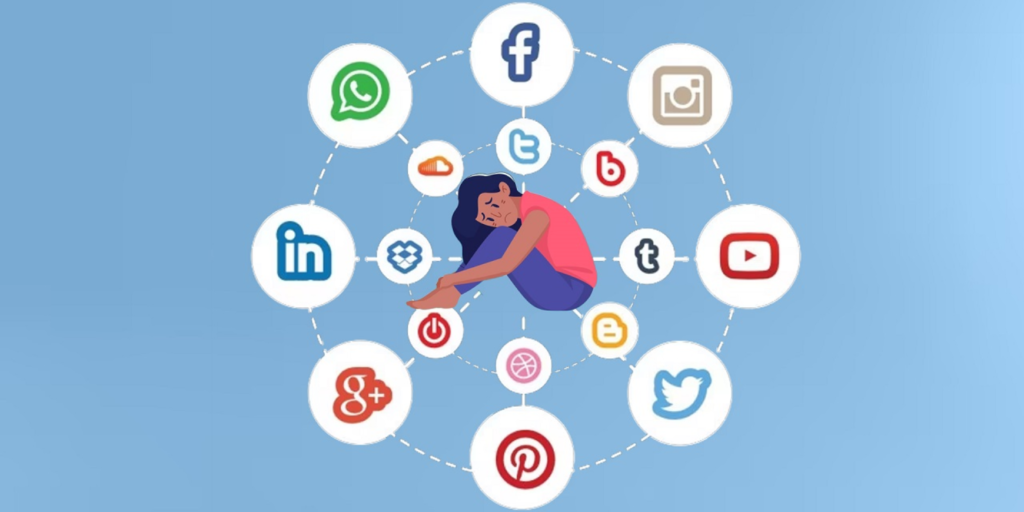Social media has become an integral part of our lives, connecting us with friends, family, and a wider network of individuals. While it offers numerous benefits, it also has an impact on our mental health. It is important to understand the potential positive and negative effects social media can have on our well-being.
On the positive side, social media provides a platform for self-expression, communication, and support. It allows individuals to connect with like-minded people, share experiences, and engage in meaningful conversations. It can foster a sense of belonging and community, especially for individuals who may feel isolated in their offline lives.
However, the excessive use of social media has been linked to various mental health challenges. One of the primary concerns is the negative impact it can have on self-esteem and body image. Social media often presents an idealized version of reality, with carefully curated posts showcasing the best aspects of people’s lives. This constant exposure to filtered and perfected content can lead to feelings of inadequacy and comparison, as individuals may perceive their own lives as less glamorous or successful.
Moreover, social media can contribute to feelings of loneliness and depression. Spending excessive time on social media platforms can lead to a sense of disconnection from real-world interactions. The constant scrolling, comparing, and seeking validation through likes and comments can create a cycle of seeking external validation for self-worth, which can negatively impact mental well-being.
Additionally, cyberbullying and online harassment are prevalent issues on social media platforms. The anonymity and distance provided by the online environment can embolden individuals to engage in harmful behavior, leading to increased levels of anxiety, stress, and even suicidal ideation in some cases.
Another concern is the impact of social media on sleep patterns. The use of smartphones and other devices before bed has been shown to disrupt sleep, leading to sleep deprivation and its associated negative effects on mental health, including mood swings, decreased cognitive function, and increased vulnerability to stress.
To mitigate the potential negative impact of social media on mental health, it is important to develop healthy online habits. This includes setting boundaries for usage, such as limiting screen time, taking regular breaks, and engaging in offline activities that promote well-being. Being mindful of the content consumed and actively curating a positive and diverse social media feed can also contribute to a healthier online experience.
Furthermore, it is essential to promote digital literacy and educate individuals about the potential risks of social media. This can help users navigate online spaces responsibly, recognize signs of cyberbullying or harmful behavior, and seek support when needed.
In conclusion, social media has both positive and negative effects on mental health. While it provides opportunities for connection and support, it can also contribute to issues such as low self-esteem, loneliness, and sleep disturbances. By fostering healthy online habits and promoting digital literacy, we can harness the benefits of social media while protecting our mental well-being.

